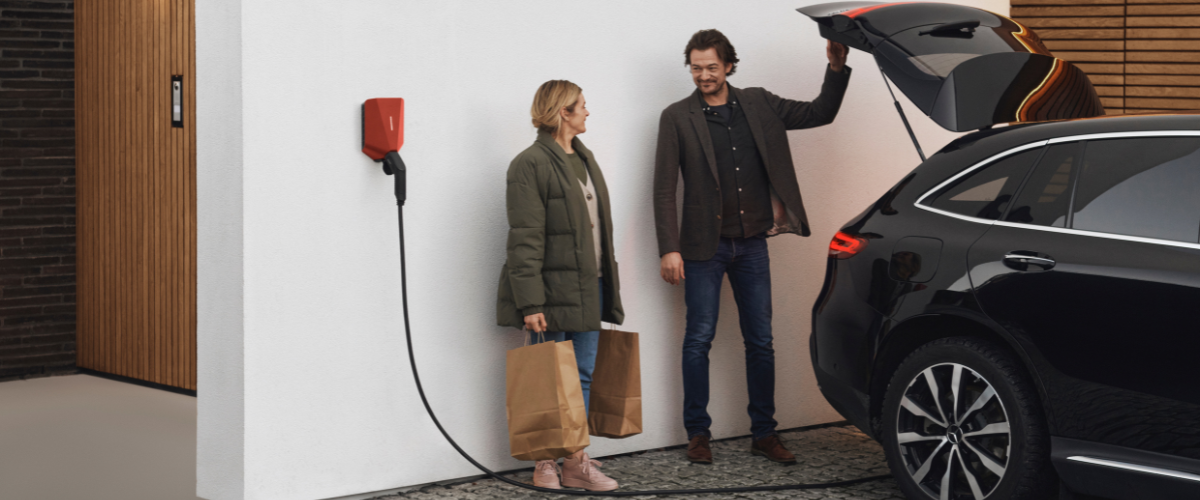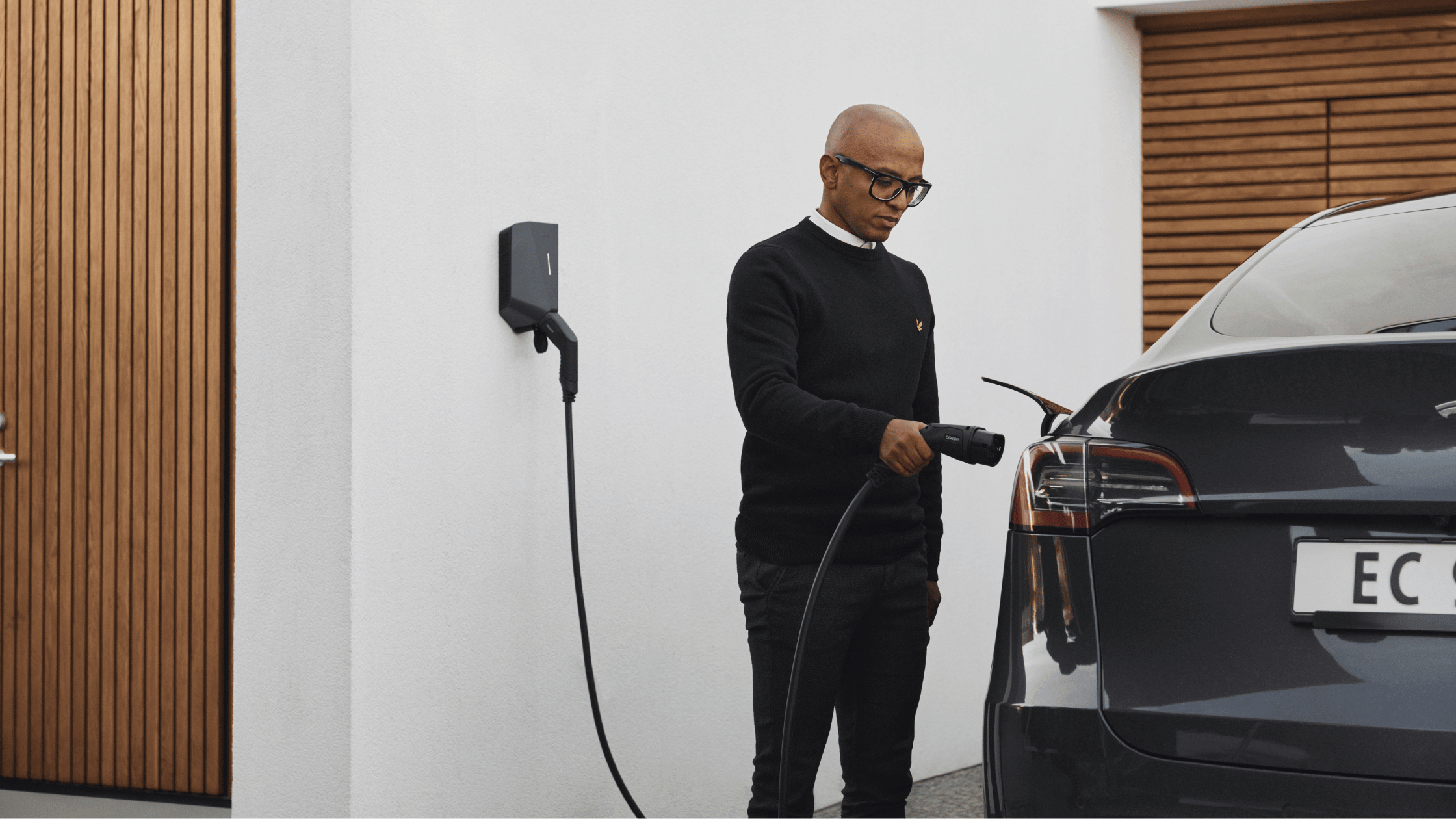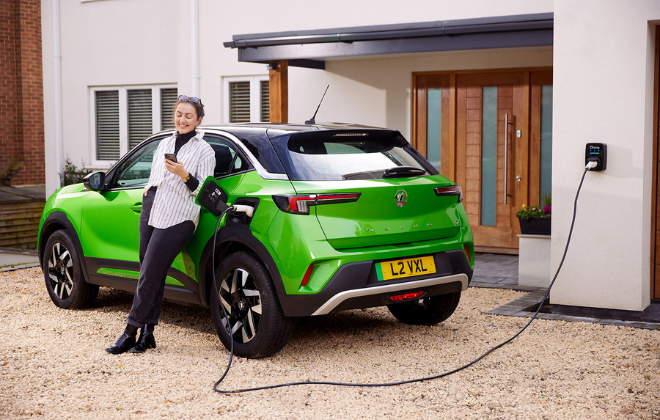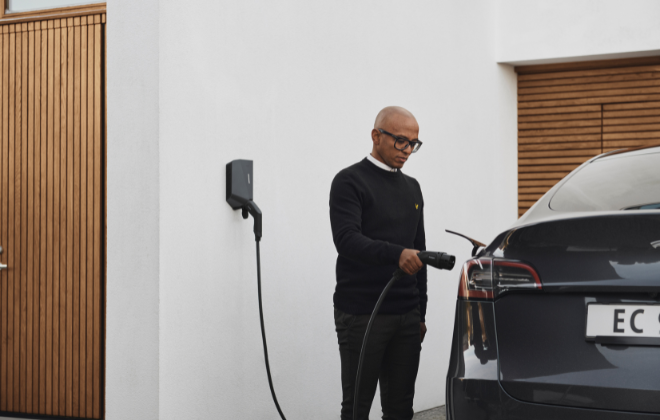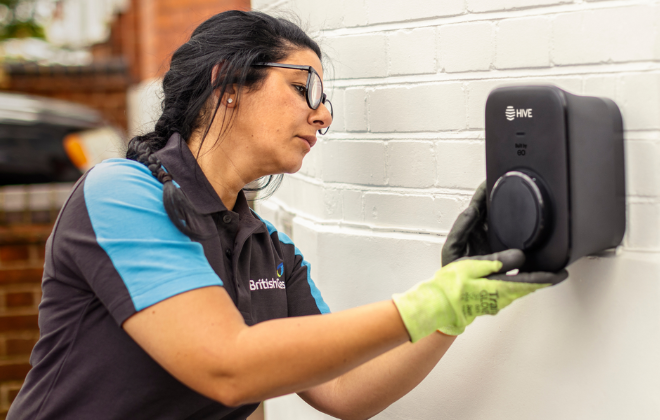

How can I afford an electric car?
How can I afford an electric car in the UK?
Running an electric vehicle (EV) has been proven to be cheaper than its petrol/diesel counterpart. And that’s not all – free parking, road tax exemption, and cleaner emissions are among the many advantages of making the switch to electric.
That said, we’re not oblivious to the high upfront cost of buying an electric car, making it one of the biggest barriers to EV adoption in the UK (among the lack of charging infrastructure and range anxiety). And that’s not to mention the removal of the government Plug-In Grants towards the cost of a new electric car.
With this, you may be wondering – how can I afford an electric car in the UK in 2024?
We’re going to take you through the alternative ways to own an electric car – either on a temporary basis or long term – all at different price points.
1. Second-hand electric cars
Buying a second-hand EV may seem risky, especially with the frequent grumble surrounding range anxiety and battery degradation. However, you are ruling out a viable option with this train of thought.
On average, an electric car battery’s life span is approximately 100,000 to 200,000 miles, equating to around 15-20 years. Which, surprisingly, is longer than a petrol car (which typically lasts about 12 years if cared for properly). Of course, there are exceptions to this – cars are all different, whether electric, hybrid or petrol/diesel – and these are rough estimations.
That being said, second-hand electric cars are significantly cheaper and are a feasible route. For example, EVs bought second-hand can be as low as £8,000, a significant price decrease compared to brand new models, which at its lowest can be around £22,225 – for the small city car, the Smart EQ Fortwo.
Cinch, or Cazoo, offer various second-hand EVs at different price points. Cazoo also offers car finance, meaning you could make the cost of a second-hand EV even more attractive.
If you prefer purchasing in person, take a trip to your local dealer and enquire about the second-hand EVs available.
Of course, battery degradation is a worry when it comes down to second-hand electric cars. However, there are a number of ways to prolong battery life to ensure maximum efficiency. For example, not fully charging to 100% and reducing exposure to extreme temperatures.
Overall, buying a second-hand EV is more cost-savvy than purchasing a brand-new one. And with electric vehicle uptake increasing – there are approximately 1,250,000 battery-electric cars in the UK already – it’s more than likely that the number of second-hand EVs will increase too.
Learn more about second hand electric cars in our extensive guide.
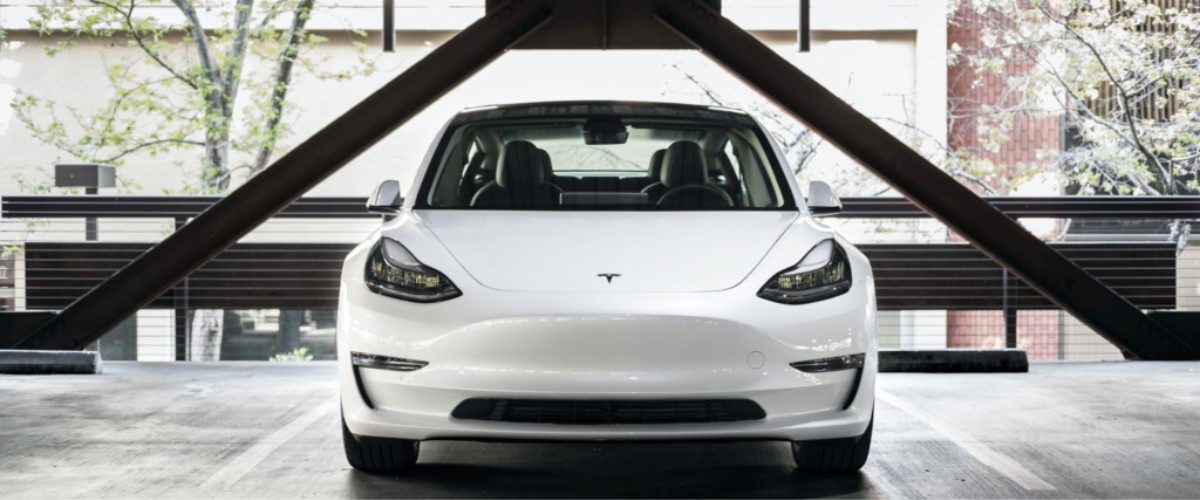
2. Lease an electric car
If you don’t want the long-term commitment of purchasing an electric vehicle or can’t afford the cost outright, leasing is the perfect alternative.
Companies such as Vanarama offer electric car leasing deals at prices as low as £225.94 a month. So, you can garner all the benefits of electric vehicles without the significant investment of purchasing an EV outright.
What’s more, leasing arrangements usually include maintenance, servicing, and breakdown cover as part of your monthly payments, saving you more money down the line.

3. Salary sacrifice scheme
If your employer offers a salary sacrifice scheme, you’ll be able to drive an electric vehicle without the expensive upfront cost.
In short, salary sacrifice schemes work by taking a portion of your wage pre-tax and using this amount to help fund an electric car – similar to cycle-to-work schemes and pension schemes.
Popular electric vehicle salary sacrifice schemes include Octopus EV and the Electric Car Scheme. On average, you should pay less for an electric car through the salary sacrifice scheme when compared to leasing yourself. What’s more, road tax, servicing and breakdown cover are typically included in the package.
Read more about the advantages of salary sacrifice schemes in depth.
Of course, the downside is that you’ll have to give up a part of your salary, but the advantages of only having to pay for your EV charging should outweigh the disadvantages.
Workplaces can also take advantage of the Workplace Charging Scheme. Businesses can claim up to £14,000 of grant funding towards the supply and installation of EV charging points. Additionally, the EV infrastructure grant for staff and fleets allows up to £15,000 of additional government funding, totalling up to £30,000 of grant funding towards electric car charging facilities.
So, if you decide to go through your business to acquire an electric vehicle, why don’t you inform them about the substantial government grants available while also benefiting from free or subsidised workplace charging?
4. Monthly EV subscription
Did you know there are monthly subscription services for electric cars?
Just like your monthly Spotify or Netflix subscription, you could subscribe to an electric car and make a fixed payment each month to drive an EV.
Companies such as EZOO give you a chance to subscribe to a VW e-UP from £599 per month. Or, if you’re a fan of luxury living, you can subscribe to a Tesla Model 3 Performance from £1,999 per month.
What’s included in this monthly subscription? Obviously, your specified electric car is included, but other commodities such as insurance, servicing and maintenance, and breakdown cover are also included.
Additionally, more flexibility is also offered with monthly subscriptions, so if you aren’t 100% convinced about driving electric – you don’t have to commit for the long haul.

5. Price cuts
Over the past year, there has been drastic price reductions for certain electric car manufacturer brands. EV giant Tesla cut their Model 3 by £5,550 and Model Y by £7,000 last year. After this, Elon Musk cut the Tesla prices for the second time in early March by £2,770.
Moreover, Ford discounted its Mustang Mach-E after Tesla’s price cuts as tension in the industry arose.
While the initial high cost is still present, especially with the higher-end electric vehicles, if there was ever a time to buy an EV – or specifically a Tesla – it’s while the prices have been slashed.

Cheapest electric cars on the market 2024:
Still want to purchase a new EV outright? We’ve collated the cheapest electric cars on the market for you.
Unfortunately, for a brand-new EV, you are looking, on average, at £50,000. However, they range from the £20,000 mark up to £100,000.
1. Smart EQ fortwo coupe
Price – £22,225
Range – 100 km
2. Fiat 500e Hatchback 24 kWh
Price – £23,835
Range – 135 km
3. MG MG4 Electric 51 kWh
Price – £25,995
Range – 300 km
4. Nissan Leaf
Price – £28,995
Range – 235 km
5. Renault Zoe ZE50 R135
Price – £29,995
Range – 190 miles
6. Opel Corsa – e
Price – £31,130
Range – 285 km
That being said, as the EV industry continues to develop, and with upcoming government acts – such as the ban on the sale of new petrol and diesel cars in 2035 – it’s likely that the cost of electric vehicles will decrease over time.
Summary:
- Electric cars are expensive to purchase outright – however, there are routes drivers can take to afford an electric car – invest in a second-hand electric car, lease an electric vehicle, take advantage of an EV salary sacrifice scheme, undertake a monthly EV subscription, or purchase your EV during price cuts. These methods significantly reduce the upfront cost of an electric vehicle, making EVs more accessible to UK residents.
- If you still want a new EV, the cheapest electric vehicles on the UK market are the Smart EQ fortwo coupe, Fiat 500e Hatchback 24 kWh, MG MG4 Electric 51 kWh, Nissan Leaf, Renault Zoe ZE50 R135, and the Opel Corsa – e.
Have you made the switch to electric? Interested in cheaper, greener and more convenient EV charging sessions?
If you’re interested in an electric vehicle and don’t want the higher costs and inconvenience of public charging, call us today on 03333 44 96 99 for free, impartial advice on our wide range of home EV chargers. We can supply and install home and workplace electric vehicle charging points nationwide and handle the entire process on your behalf. Alternatively, click below to get your free quote, or contact us for more information or any queries you may have.
For more information and our latest updates, follow us on Facebook, Instagram, Twitter, LinkedIn and YouTube.
Related articles_
Stay up to date on the latest from We Power Your Car_
I consent to receive newsletters from We Power Your Car. Please see our Privacy Policy
